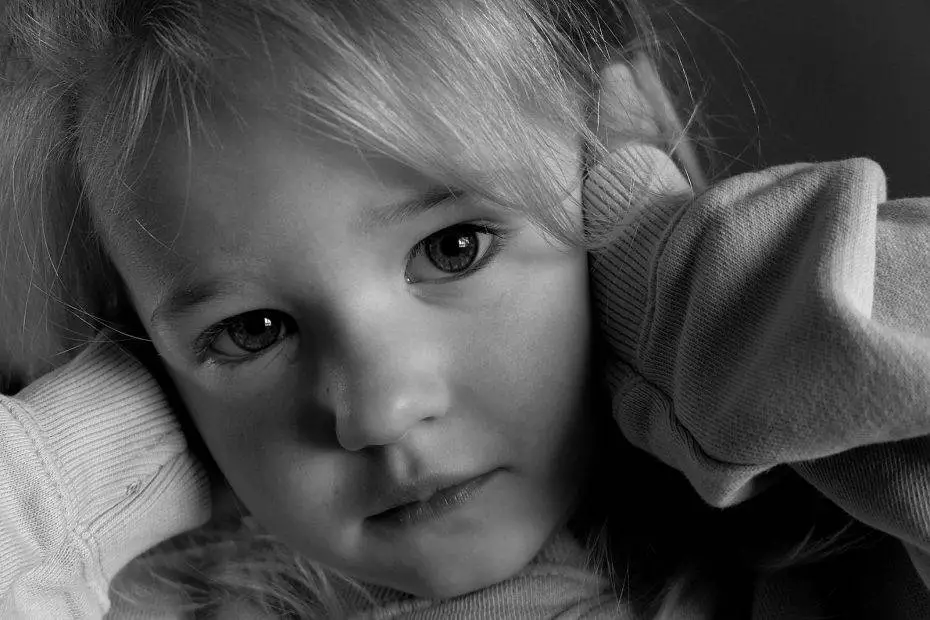Introduction:
Becoming a parent is a remarkable journey filled with love, joy, and countless precious moments. However, as your baby grows and develops, they may experience separation anxiety—a common stage in their emotional development. In this blog, we will explore what happens when your baby goes through separation anxiety, understand its causes, and provide helpful strategies to support your little one during this significant developmental milestone.
Understanding Baby Separation Anxiety:
Separation anxiety in babies typically begins around 6 to 8 months of age and can last until approximately 2 years old. It is a normal part of their cognitive and emotional growth as they form attachments and learn about the world around them. During this stage, your baby becomes more aware of their surroundings and starts to recognize their primary caregiver as a source of love, security, and comfort. When separated from their caregiver, they may experience anxiety and distress due to their limited understanding of time and the fear of abandonment.
Common Signs of Baby Separation Anxiety:
- Clinging behavior: Your baby may become clingy and display a strong desire to be held, cuddled, or carried by their primary caregiver.
- Crying or fussiness: When separated from their caregiver, babies may cry excessively, become irritable, or seem inconsolable.
- Fear of strangers: Babies experiencing separation anxiety may show heightened wariness or fear when unfamiliar people approach or try to interact with them.
- Resistance to separations: Your baby may resist being handed over to another caregiver, leading to tears, reaching out for you, or attempting to cling to you tightly.
Strategies to Support Your Baby During Separation Anxiety:
- Gradual separations: Start with short separations while ensuring your baby is in a safe and loving environment. Leave your baby with a trusted family member or caregiver for brief periods, gradually increasing the duration over time. This approach helps them develop trust and confidence.
- Create a consistent routine: Establishing a consistent daily routine can provide a sense of security and predictability for your baby. Consistency in caregiving activities, such as feeding, sleeping, and playtime, can help alleviate anxiety and create a stable environment.
- Transition objects: Introduce a comfort object, such as a favorite blanket or a soft toy, that carries the scent of their primary caregiver. This object can provide reassurance and a sense of familiarity when your baby is separated from you.
- Positive goodbyes: When saying goodbye to your baby, keep the farewell brief but loving. Provide comfort and reassurance while making it clear that you will return. By remaining calm and confident, you can help your baby feel more secure.
- Encourage exploration and independence: As your baby grows, support their independence by creating a safe environment for exploration. Encourage age-appropriate exploration, allowing them to move, touch, and investigate their surroundings while ensuring their safety.
- Respond with empathy: When your baby shows signs of distress during separations, respond with patience, understanding, and empathy. Validate their emotions and provide comfort by speaking softly, cuddling, or using a gentle touch.
- Develop trusting relationships: Encourage positive relationships with other trusted caregivers, such as family members or close friends. Gradual exposure to these individuals can help your baby develop a sense of trust and security with other people in their lives.
Conclusion:
Experiencing baby separation anxiety is a natural part of your little one's emotional development. While it may bring moments of challenge and stress, understanding the causes and implementing supportive strategies can make this phase more manageable for both you and your baby. By gradually introducing separations, maintaining a consistent routine, offering comfort objects, and responding with empathy, you can nurture your baby's sense of security and connection. Remember, this stage is temporary, and with your love, care, and support, your baby will grow through it, developing the foundations for healthy attachments and emotional well-being.
